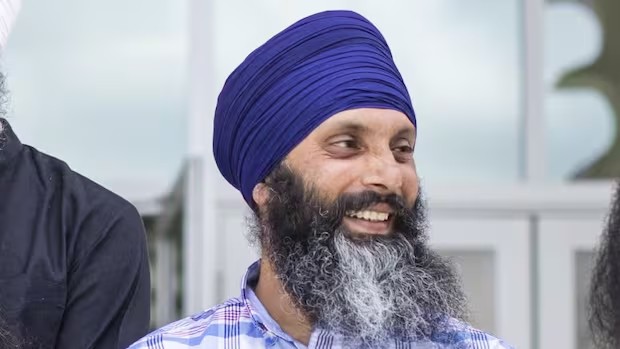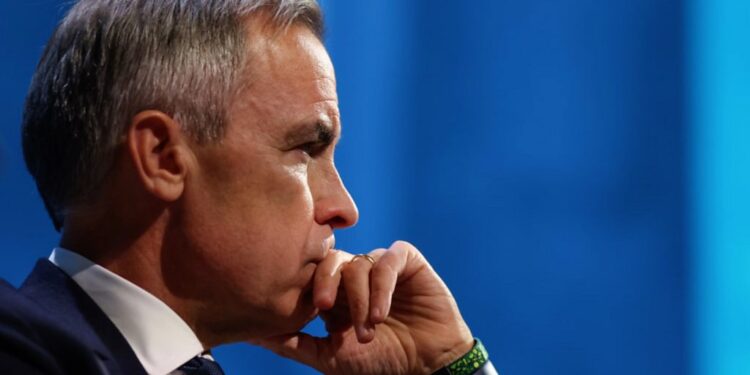Canada’s new Prime Minister, Mark Carney, has formally invited Indian Prime Minister Narendra Modi to attend the upcoming G7 summit in Italy, reopening diplomatic lines that had all but collapsed under the previous Trudeau government. The move is seen as an attempt to stabilise relations after months of silence and suspicion—but it is not without controversy.
The core issue remains unresolved. In 2023, then-Prime Minister Justin Trudeau alleged that Indian government agents were linked to the assassination of Sikh activist Hardeep Singh Nijjar in British Columbia, an accusation India dismissed as “absurd and motivated.” The resulting diplomatic standoff led to tit-for-tat expulsions and a halt in bilateral trade negotiations.

Now, under Carney’s leadership, Canada appears to be testing the waters of re-engagement. Inviting Modi to the G7 summit—scheduled to take place in Apulia, Italy—signals a shift towards pragmatism and global cooperation. India, while not a G7 member, is being courted as part of the forum’s outreach to influential Global South nations.
However, Carney’s approach is deliberately cautious. When asked directly this week whether he believes Modi had any involvement in Nijjar’s killing, the Prime Minister declined to answer. His silence has prompted debate within Canada about whether the government is prioritising diplomacy over justice, or simply acknowledging geopolitical realities.
Analysts say Carney is walking a delicate line. On one hand, Canada needs to maintain credibility on the international stage and cannot afford extended estrangement from India, a rising power and essential trade partner. On the other hand, the Nijjar case remains highly sensitive, particularly among Canada’s Sikh population, which has demanded transparency and accountability.
For India, the invitation may offer an opportunity to reset relations without publicly addressing the core grievance. Diplomatic sources in New Delhi indicated that the government views the G7 outreach as a sign that Canada is prepared to move on from the “unsubstantiated allegations” of the past year.
Modi’s attendance at the summit has not yet been confirmed, but preparations are reportedly underway for his possible participation. If confirmed, it would mark the first direct interaction between the two leaders and could open a discreet channel for future talks, though no immediate breakthroughs are expected.
The invitation also reflects Carney’s internationalist instincts and his desire to reframe Canada’s role in global affairs. A former Bank of England governor and UN climate envoy, Carney brings a more technocratic style to foreign policy, favouring quiet influence over public confrontation.
Still, the decision to engage India at this stage remains politically risky. Domestic critics argue that any rapprochement without progress on the Nijjar case could undermine Canada’s principles and alienate key constituencies.
In navigating this diplomatic fault line, Carney has opted for strategic ambiguity. The invitation to Modi may be less about resolution and more about reopening the door—carefully, quietly, and on Canada’s terms.
newshub finance




Recent Comments